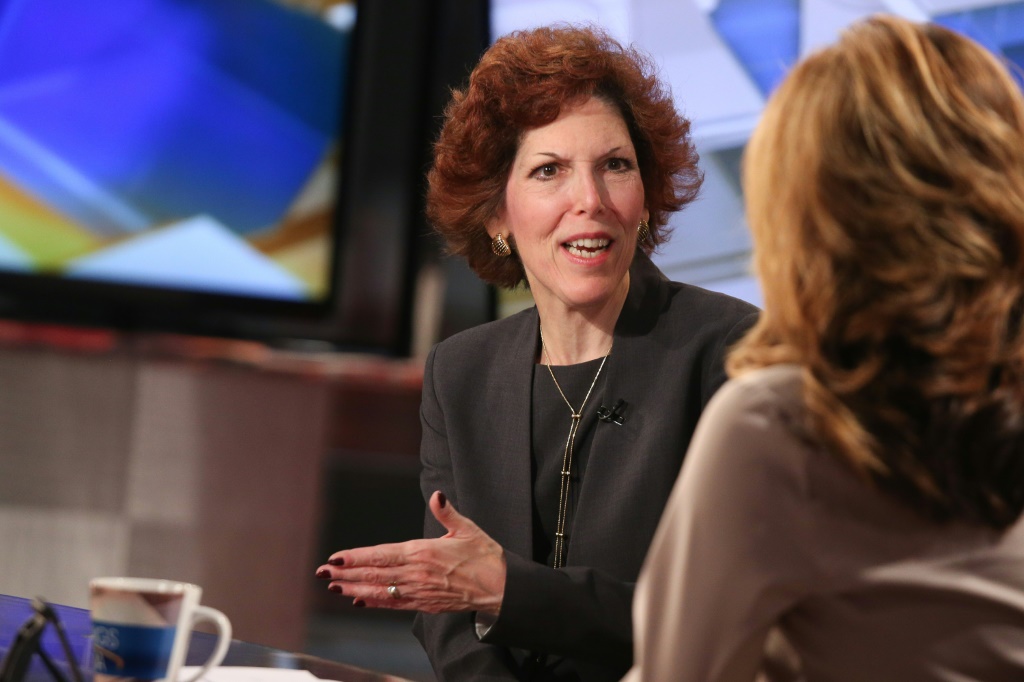The trade conflict of the past two years likely left a mark on the US economy, even with the recent agreement to defuse the situation, a Federal Reserve official said Monday.
The outbreak of the new coronavirus in China adds another risk factor to the outlook, which otherwise seemed poised to provide steady growth, said Loretta Mester, president of the Federal Reserve's regional bank in Cleveland.
"At this point, it is difficult to assess the magnitude of the economic effects, but this new source of uncertainty is something I will be carefully monitoring," she said of the epidemic.
With the partial agreement signed with China to call a truce in the dispute with Beijing -- despite leaving many tariffs in place -- as well as a new continental free trade pact with Canada and Mexico, Mester said the trade picture is "somewhat better" heading into 2020.
"Nevertheless, some long-lasting effects arising from the trade war are likely," she said in a speech to the National Association for Business Economics.
While the reduced uncertainty means businesses that had put plans on hold might now be more likely to invest, some foreign companies "have reoriented their supply chains away from US firms, which means these exports may be permanently lost."
Sluggish investment, too, is a source of concern.
"Without investment in new technologies and capital, productivity will continue to be weak, dampening the economy's growth potential and living standards."
Mester, a voting member of the Fed's interest rate setting committee this year, was relatively upbeat about the economy, which she said should continue to perform well with a strong job market and growth around two percent, slightly slower than last year.
The epidemic in China casts a cloud of uncertainty over the outlook, she cautioned, and is hard to compare with past health issues, like the SARS epidemic in 2003, which caused a minor slowing in the US economy.
"China was not as big a player in the global economy back then as it is today, so there is the potential for a larger impact," if supply chains are disrupted or investment postponed, she said.
"On the other hand, China now has more resources with which to address the epidemic than it had in 2003," which might mean "less protracted" damage to the economy.
Copyright AFP. All rights reserved.


